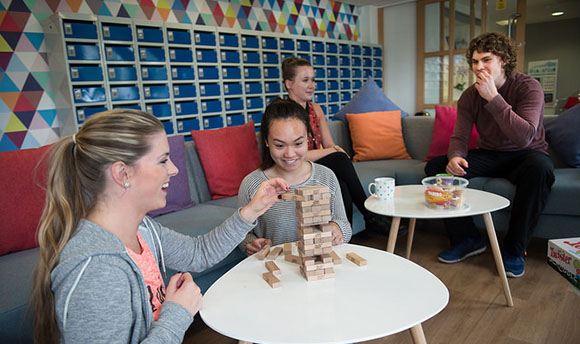It’s August and once again Edinburgh is festooned with creativity. Street performers holler from stilts, venues thrum to sound of rhythms new and familiar, and colourful posters clamour for attention. Culture and creativity is everywhere. Well, certain types of culture are everywhere, and when I say everywhere I of course mean the city centre of Edinburgh. Yet for all that the festivals are lauded as world-class, they are not for everyone and nor should they be. Cultural participation is as much about what you don’t participate in as what you do.
The Edinburgh Festivals receive significant public subsidy and there are many arguments in support of this, not least artistic development and the economic returns generated. However cultural policy is not solely about supporting the arts and artists or attracting high spending tourists. It is also about supporting everyone to have what the government describes as a ‘rich cultural life’ and, as such, publicly subsidised organisations and events are required to ‘break down barriers’ so that everyone who wants to engage with their activities is able to.
However not everyone is interested in these organisations and their activities no matter how many barriers are removed. For some, much of the publicly funded cultural offer is irrelevant to the cultural lives that they want to lead. This is important because many face barriers not only in relation to the sort of cultural activities receiving public subsidy - and about which they may have little interest – but also when they try to pursue the cultural activities in which they are interested and have a desire to take part.
I greatly enjoy my state subsidised tickets to the International Festival, but why should I pay less to satiate my cultural tastes than someone who goes to see the latest West End hit at the Playhouse? While the argument goes that without subsidised tickets the International Festival would be out of the reach of many, the same goes for numerous other cultural activities and little is done to support participation with them. If you can’t afford a ticket to T in the Park, or you live somewhere so remote that no celebrity comedian is going to grace your local stage, then your barriers to cultural participation are your own problem. While subsidy maintains further discounts for relatively affluent pensioners to attend world-class ballet, some families can’t afford a trip to the local multiplex. We should not ignore them simply because the culture they want to take part in happens to be profitable.
It is not only about subsidised attendance. August sees Edinburgh embrace flexibility around licensing and bureaucracy that can only be wished for in other months. The cultural participation of those struggling in February to find a local pub in which to play and listen to live music is of little interest to cultural policy as currently conceived. Rooms lie empty in large public buildings while local craft groups struggle to find spaces to meet. Town planners appear to create spaces with little thought as to what residents may do when they are not at home or in the Tesco Metro.
Cultural policy is not arts policy. Cultural policy is the product of decisions taken in every other government department. Creative Scotland and the limited funds they have to distribute cannot alone be expected to support the rich cultural life of a nation and neither should subsidy be seen as the only lever that can be pulled. Inequitable cultural participation is a social and economic problem, not a cultural one. While good cultural policy should encourage everyone to explore new types of cultural experience, it should not do so while ignoring those who struggle to take part in the cultural activities about which they are already interested.
A few years ago local authorities and government departments were told that ‘culture delivers’ and countless studies have attempted to prove the value of culture. I think this focus needs inverted. I think we should be asking how all levels of government can deliver for culture so that each of us can include more of the culture we value in our lives. The arts will be a part of that, but they are not all of it.
A rich cultural life is not a tool to deliver a fair and equitable society; it is a marker of a fair and equitable society. As you enjoy the festivals this year, give a thought to those who aren’t there, but rather than wondering why they’re not interested, consider if they are as lucky as you in having their cultural taste publicly supported to such a great degree.
My recent paper Cultural participation in Europe: shared problem or shared problematisation? is online at: tandfonline.com/eprint/XNJwXy7ukDIUsjiZfwik/full







